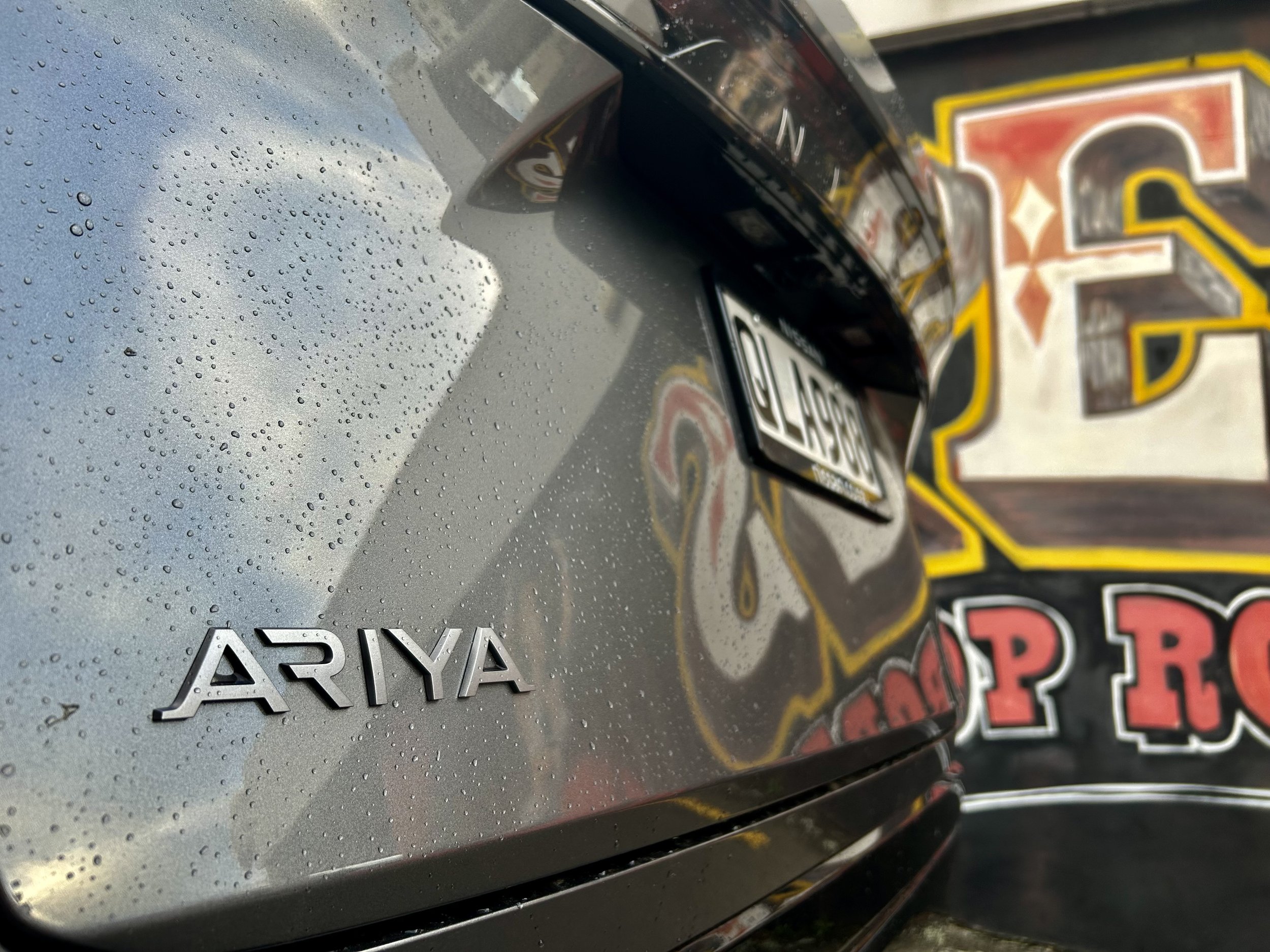Climate change kills Leaf – for now
/The Leaf is no longer available as a new car. But that doesn’t mean Nissan NZ is out of the electric car business.
INABILITY to source a variant that offered the best aspects of models produced for the leading right-hand-drive markets - the United Kingdom and Japan - at a price that would be palatable to New Zealanders is the reason why the Nissan Leaf has departed sale.
This is from Nissan New Zealand boss John Manley, who also insists the withdrawal of the only fully electric car represented by a distributor here is not a signal that Nissan is out of the EV business in this country.
Manley asserts that Leaf could well return – but only when the car is “right” for the market. And, at the moment, that’s not the case and he cannot say when it will be.
In the meantime, even though the Auckland-based distributor is in a holding pattern, the nine dealers authorised to sell and service the car will continue their support for the 90 or so owners of New Zealand-new product plus the 100 or more buyers of used import examples.
Meantime, Manley has also said that those accredited dealerships, and any other Nissan franchises, are free to import the Leaf as a used car with his blessing.
Nissan NZ has always had a tough time selling the world’s best-selling fully electric car - even a 40 percent price drop to $39,000 effected in 2014, its third year of sale, barely helped it penetrate as an as-new prospect.
However Manley suggests he would have liked to have persevere with the car.
Ironically, it’s the model’s mid-life update, which offered performance, recharging and range improvements that could well have enhanced the five-door’s appeal, that has proven injurious.
In theory, Nissan NZ could take the Gen II car in its United Kingdom-market specification or, alternately, have accepted the latest Japanese domestic market variant.
In reality, it wanted a car that blended the best points of both – at a price that Manley knew would be acceptable to NZ.
That’s proven to be an impossibility. The Leaf as it is built at Nissan’s plant in Sunderland, England, has the premium five-star crash test rating and a fast-charge system that would appeal. But it would be too expensive to pitch here.
The Japan car, on the other hand, is potentially more affordable, but it doesn’t have the specification level to appeal to Kiwis, uses a slower charging set-up and lacks that NCAP test standard – simply because it is designed for home market use only.
“The thing about the New Zealand market is that our customers expect a high level of specification and justifiably so,” Manley said.
“It was not possible for us to achieve a a model that complies with all of the criteria and as such no longer have Nissan Leaf available for sale in New Zealand.”
“This decision is made on the basis of existing circumstances and market conditions, it shouldn’t be interpreted as a sign that we are exiting the electric vehicle market in this country, because we are not.”
Nissan NZ has exhausted its stock of gen one Leafs, the last being sold in January.
Meantime, while Manley acknowledges that the Leaf does best in countries that are proactive in initiatives providing tangible support for EV or low emission vehicles, he says the lack of such assistance from the New Zealand Government was not a factor.
It is thought that Transport Minister Simon Bridges is soon to announce a long-awaited support initiative for electric vehicles. However Manley says he believes the Minister, a longtime proponent of EVs, is potentially proposing an educative programme rather than the tax breaks and rebates provided elsewhere around the world.
He no axe to grind with Bridges, saying the Minister is a great supporter for battery cars. However, the reality is that even with incentives, the market is even tougher now than when Leaf arrived here because of the relatively low price of fossil fuel. Every international indicator suggest petrol will remain cheap for years to come. That’s hardly going to help the EV industry, he says.
The updated Leaf is, ironically, now beginning to show up in parallel-imported new and used state.
The car divests from a 24 kiloWatt Hour battery for a 30kWh pack that extends the range on a full charge by 50km to 250km.
Also included in the MY16 Leaf update is a new connectivity system that notifies the driver, in country’s with support infrastructure, which charging points are being used and which are available as part of the overhauled satellite navigation software.
The Leaf’s smartphone app based features have also been improved, simplifying and expanding on the existing cabin pre-heating/cooling, car finder and maintenance alert functions.
Exterior updates are limited to a redesigned radio antenna.

















